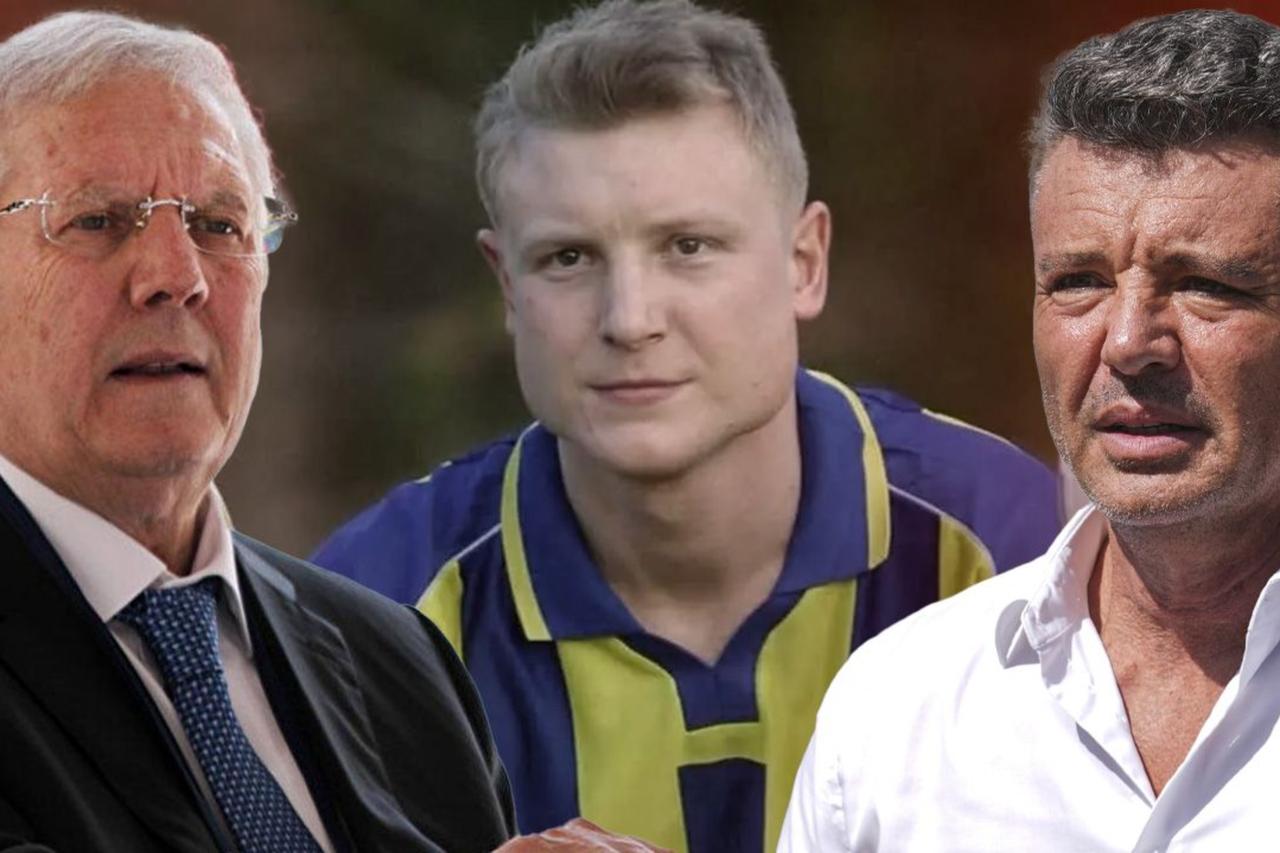
In 2003, a controversial transfer involving Russian striker Vladimir Beschastnykh triggered a major rift within Fenerbahce, pitting club president Aziz Yildirim against football branch director Sadettin Saran. What began as an $800,000 transfer dispute eventually escalated into allegations of corruption, mafia involvement, and forged documents—costing Saran his membership in the club and closing his path to the presidency. Today, with Saran now elected as Fenerbahce’s new president, the events of that turbulent era have resurfaced.
The saga began in the winter of 2003, when Fenerbahce targeted Vladimir Beschastnykh, then playing for Spartak Moscow. Media reports at the time suggested the striker was a free agent, with his contract having expired at the end of 2002. However, Spartak Moscow later informed the Turkish club that the player had signed an extension valid until 2004, demanding a transfer fee of $800,000.
Despite initial shock, Fenerbahce approved the payment and secured the player. Yet Beschastnykh failed to meet expectations, scoring only one goal before fading into obscurity. The matter might have been forgotten, but four years later, the deal returned to the spotlight in dramatic fashion.
In 2007, during a television appearance, Fenerbahce president Aziz Yildirim openly accused Sadettin Saran of pocketing the $800,000 fee. He claimed that signatures on documents from Spartak Moscow did not match those he had personally obtained from the club president.
Saran immediately joined the broadcast by phone, rejecting the allegation. He insisted that he had personally advanced the transfer fee from his own pocket, later to be reimbursed by the club. He described how the money was handed over in tense circumstances, with armed men accompanying Spartak officials at the bank, which he believed was for protection of the funds. “It was a very difficult transfer,” he recalled. “At that time they thanked me, but four years later they started making these claims.”
The debate did not end there. In later interviews, Saran suggested that the renewed controversy had more to do with his potential candidacy for the Fenerbahce presidency than with the transfer itself. He argued that speculation was being fueled to block his path. When asked about where the money might have gone, he remarked that it was not his concern, though media reports linked his comments to suspicions of Russian mafia involvement.
The scandal ultimately led to Saran being referred to the club’s disciplinary committee, known as the High Council, and expelled from membership. For years, this episode was seen as the moment that ended his dream of leading the club.
Although Beschastnykh’s time at Fenerbahce was short and disappointing on the pitch, the transfer left a deep mark off the field. The allegations of corruption, forged papers, and mafia ties created one of the biggest internal crises in the club’s modern history.
Now, with Sadettin Saran elected as Fenerbahce’s new president, the scandal that once blocked his ambitions has returned to public attention, serving as a reminder of how off-field disputes can shape the destiny of one of Türkiye’s biggest clubs.